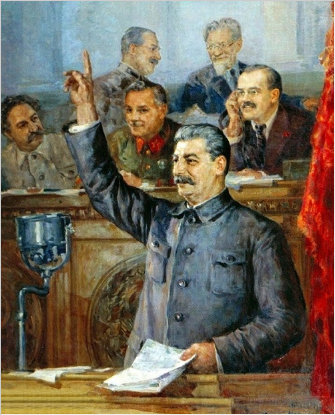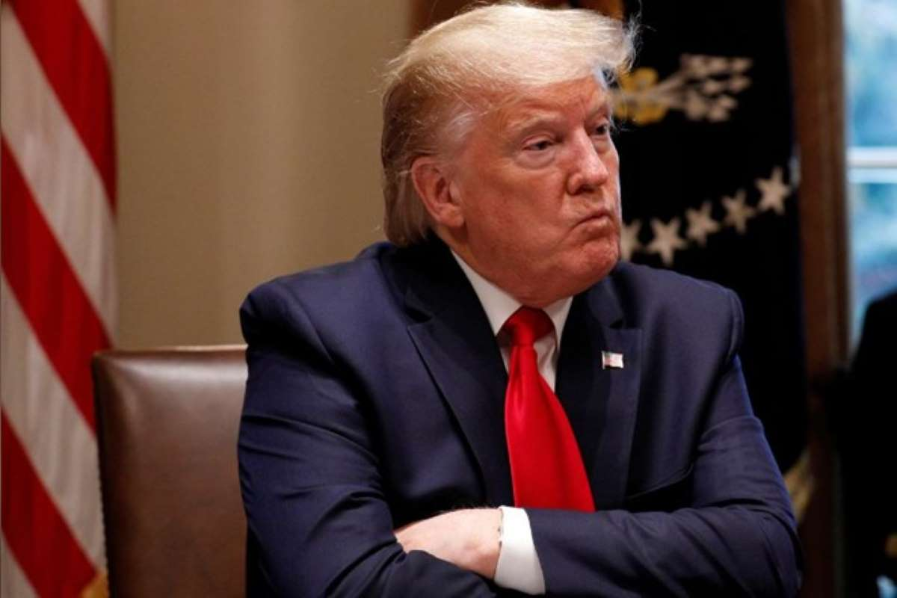
"We have reached the end of this old story.
The final chapter is always the same."look.substack.com/p/some-thought…
The final chapter is always the same."look.substack.com/p/some-thought…
1. You had been told one thing, over and over, for many years; and your practiced recitation of that thing — part myth, part ideology — had propelled your career forward.
‘He was strong and tireless; a genius.’
‘He was strong and tireless; a genius.’
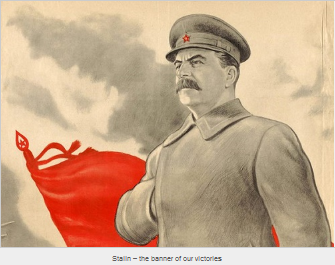
2. ‘Like a wise father, his fair leadership propelled the homeland forward.’
‘In all avenues of pursuit — military power, financial strength, commerce — the homeland became the best in the world under his thoughtful leadership.’
‘In all avenues of pursuit — military power, financial strength, commerce — the homeland became the best in the world under his thoughtful leadership.’
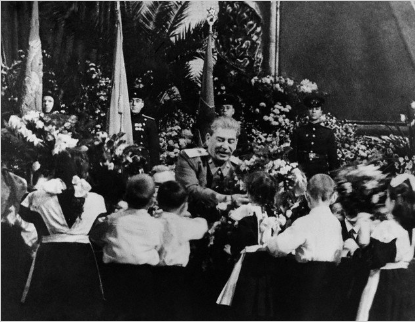
3.‘Once again, we were feared and respected as a nation.’
‘He has earned his place among the country’s greatest historical figures.’
‘We have placed his name and likeness in the public square so that future generations will revere him.’
‘He has earned his place among the country’s greatest historical figures.’
‘We have placed his name and likeness in the public square so that future generations will revere him.’
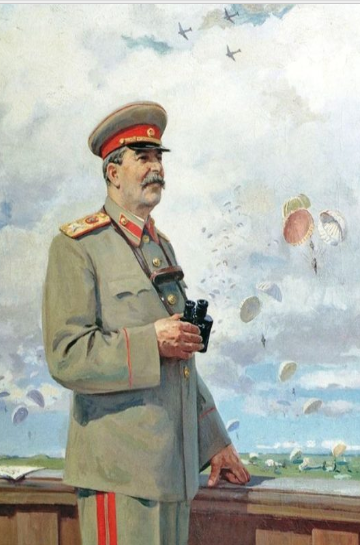
5. ‘The common people believe this and no benefit comes from opposing the will of the people. In time, the people will turn to you. For now, let them believe that we all agree.’ 

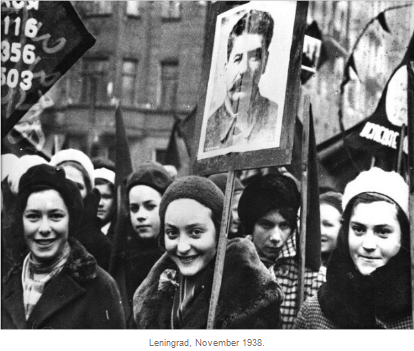
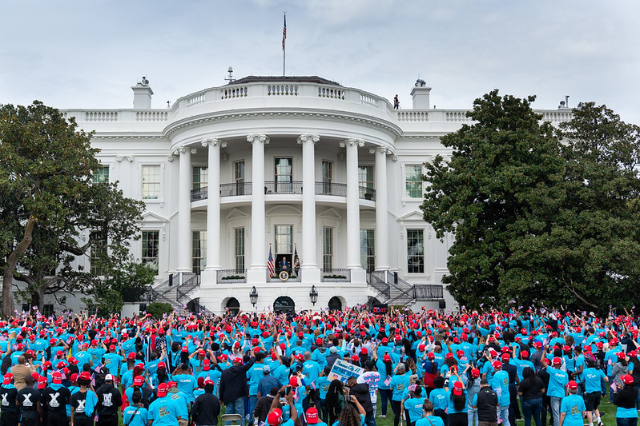
6.‘Whispering doubts is self-marginalizing conduct that ends careers.’
‘Self-censorship is not painful, given sufficient practice.’
‘Acquiescence has opened doors and kept your family secure.’

‘Self-censorship is not painful, given sufficient practice.’
‘Acquiescence has opened doors and kept your family secure.’
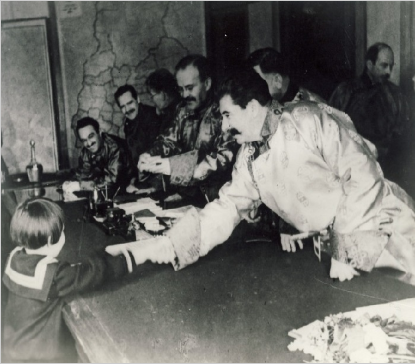
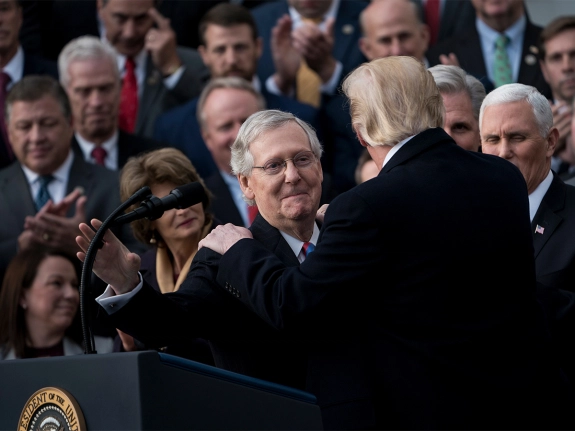
8. The Soviet communist party held a convention in 1956. Stalin had been dead for three years and Nikita Khrushchev was his successor.
A call went out to the delegates. An unscheduled address would take place on the last morning of the convention.

A call went out to the delegates. An unscheduled address would take place on the last morning of the convention.
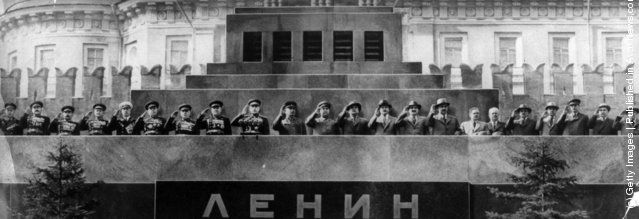
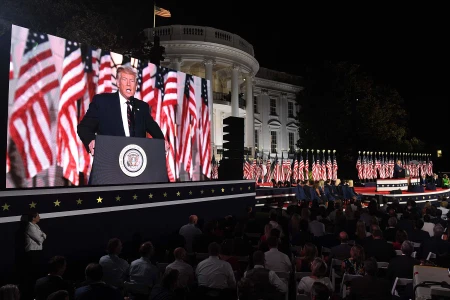
9. The delegates arrived at the appointed hour and took their seats as Khrushchev claimed the dais. All assumed it would be more of the same. There would be veneration of Stalin requiring polite applause; but they were wrong. 
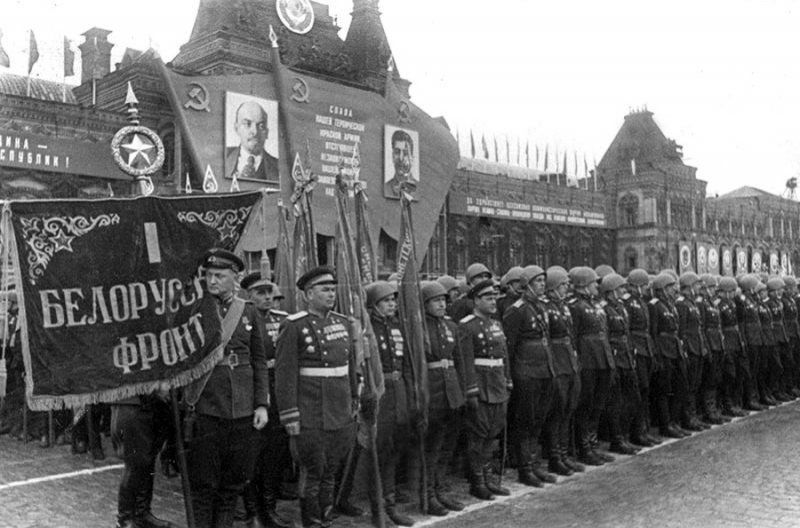
10.The time for veneration was over.Khrushchev said the way forward for the party and for the Soviet Union would be different now, but it held great promise. But the way forward required an honest appraisal of what had come before-of what had come from the years of Stalin’s rule. 
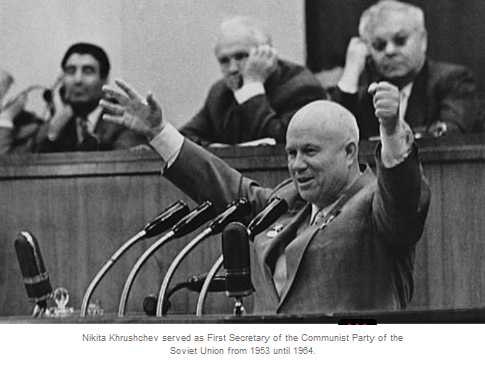
11. It was an audacious declaration: truth-telling.Khrushchev said harmful consequences follow the elevation of a single individual to a position so high that he takes on the “supernatural characteristics akin to those of a god.” Such a mistake, he said, had been made with Stalin 

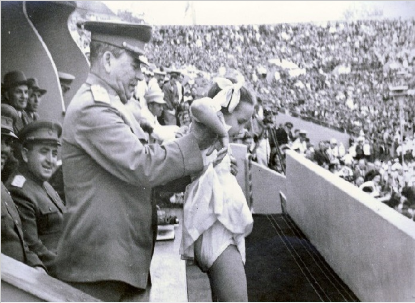
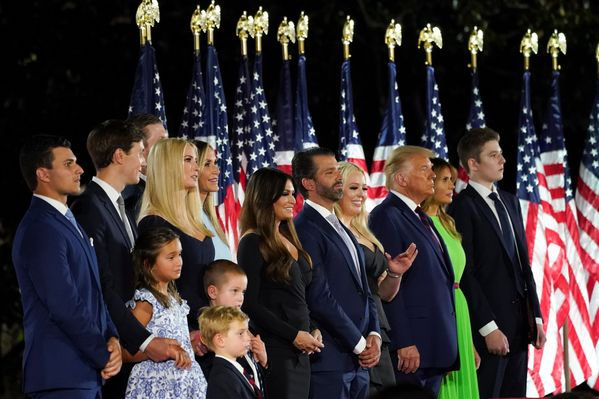
12. 'Stalin had distorted the basic principles of their party. Lenin, himself, had warned against Stalin’s leadership.
Stalin had failed to adequately defend the country against outside threats and had mismanaged the war against Nazi Germany,' Khrushchev said.
[NYTimes photo]

Stalin had failed to adequately defend the country against outside threats and had mismanaged the war against Nazi Germany,' Khrushchev said.
[NYTimes photo]
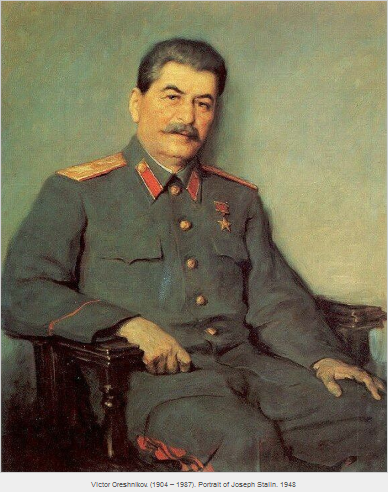

13. 'Stalin had used his power to excess, making false political accusations, purging the army of its leadership, deporting ethnic groups, and sending millions into the gulags.'
[Guardian pic]

[Guardian pic]
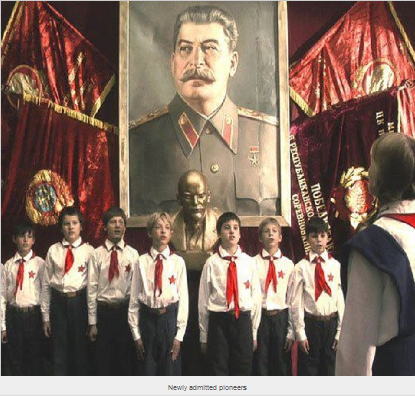
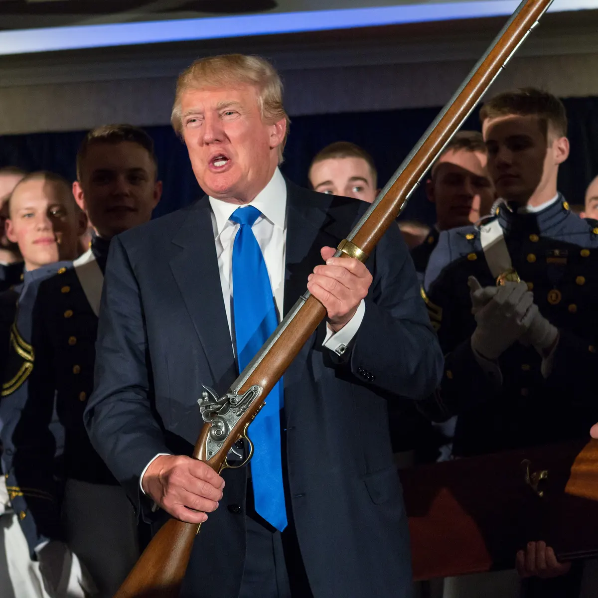
14. 'Stalin had created a cult of personality to glorify his own rule, Khrushchev said. Stalin had employed propaganda techniques — the big lie, public spectacle, patriotism and organized political demonstrations — to create an idealized, heroic and worshipful image of himself.' 

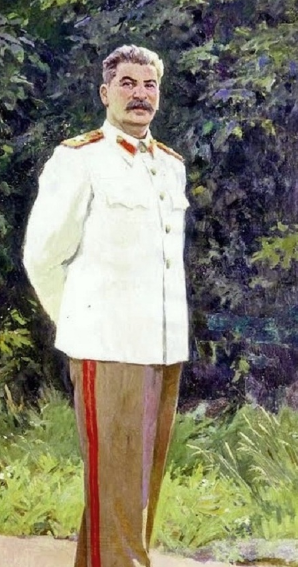
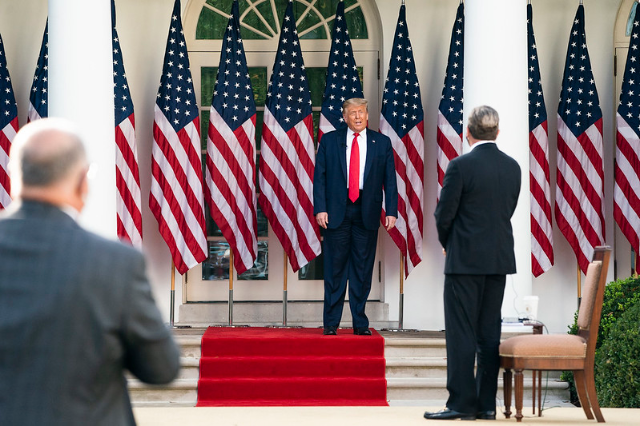
15. 'The very organs of government had been harnessed to the task of burnishing Stalin’s cult status in the minds of the people through unquestioning flattery and praise, Khrushchev said, and all of this was wrong.' 

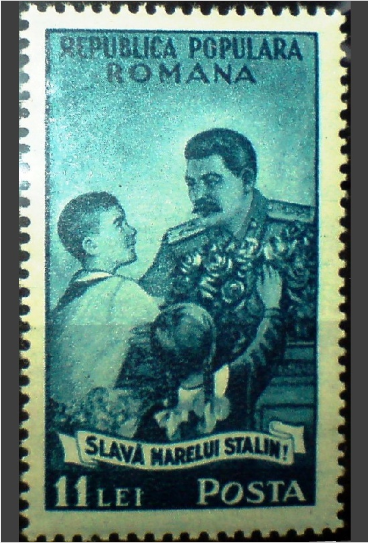
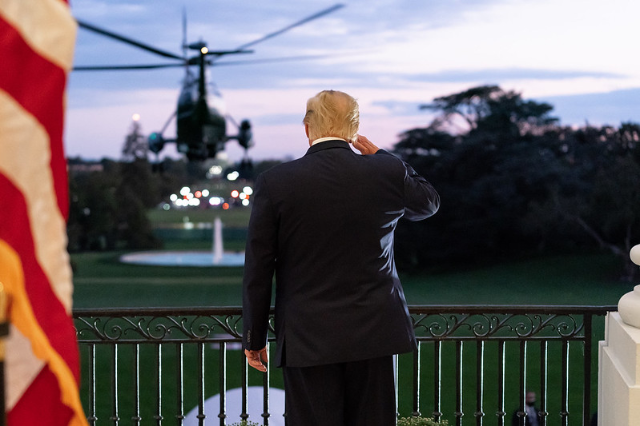
16.But it was not the fault of the party; nor was the party an accessory to Stalin’s crimes. Khrushchev said the party had been Stalin’s victim; but it was strong enough to overcome the injury.‘Recommit yourselves to the foundational principles of our party,’ Khrushchev urged. 

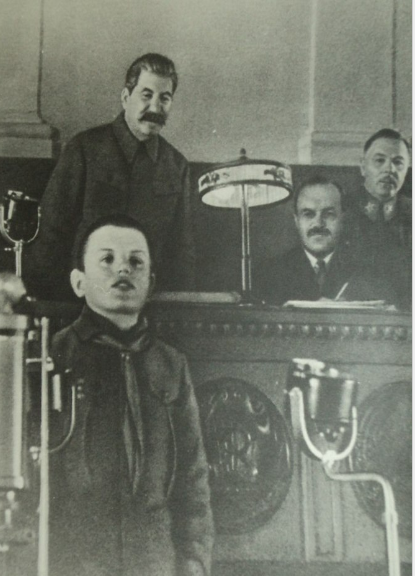
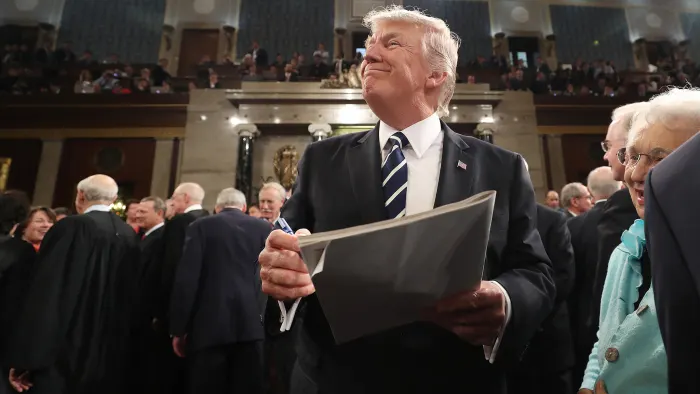
17. Khrushchev’s speech shocked his audience. While some laughed and some applauded Khrushchev’s truth-telling, others who heard it suffered heart attacks or later committed suicide. 
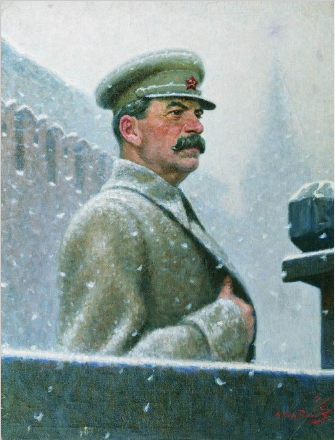
18. The illusion of universal party support for Stalin, which had fueled the cult worship among the common people, was gone.
The fraud was exposed.

The fraud was exposed.
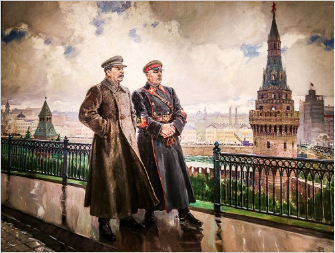
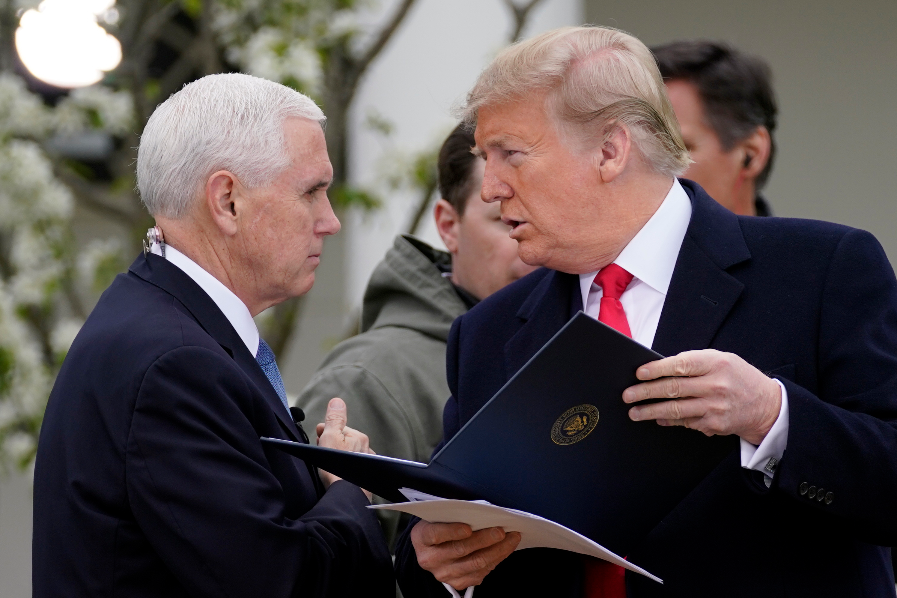
19.Khrushchev’s speech put the Soviet Communist Party on a new path. Government repression and censorship were relaxed and millions of prisoners were freed from the gulags. Peaceful co-existence with other nations became an acceptable point of political debate.
Truth took hold.
Truth took hold.
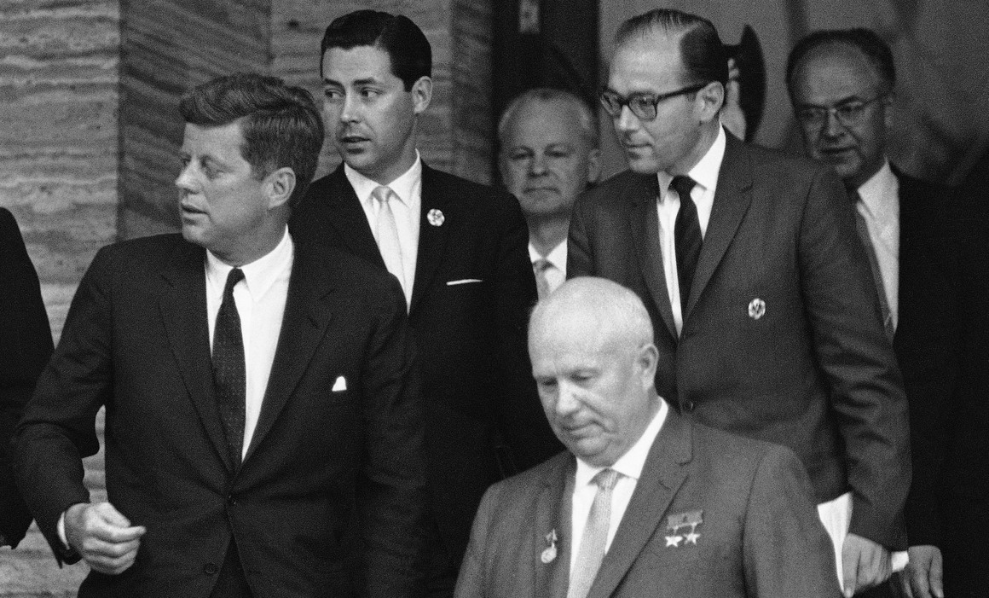
20. In school we were taught that Nero, the cruel tyrant, was despised by the Roman people; but we now know that it was the patricians of Rome who loathed him. To Roman commoners, especially those who lived in the eastern provinces, Nero was beloved. 
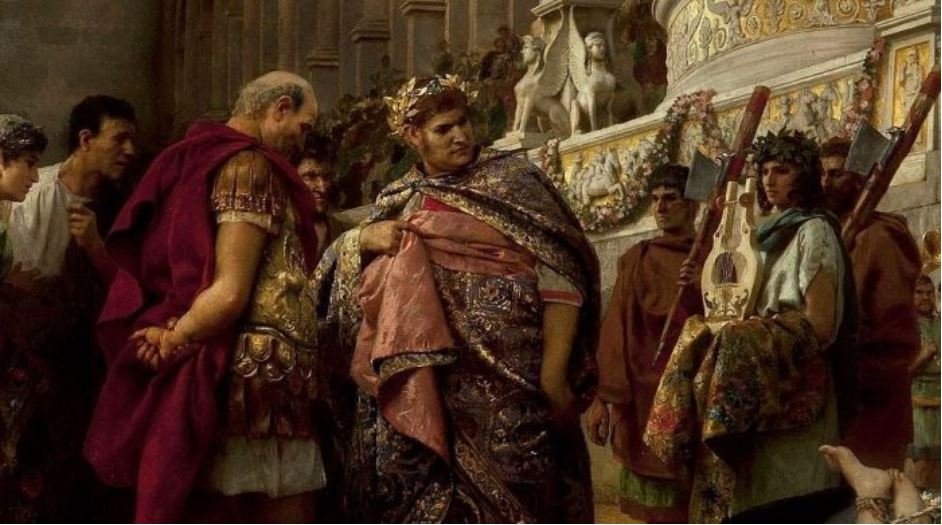
21. Nero’s decadence and tyrannical punishment of the Roman elite delighted the poor whose lives were far from the seat of power.
Nero’s death by suicide was not believed by many of his most ardent supporters.
Nero’s death by suicide was not believed by many of his most ardent supporters.
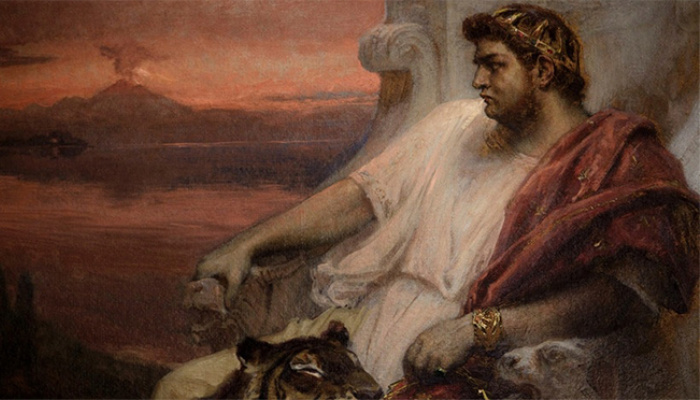
22.Nero’s death by suicide was not believed by many of his most ardent supporters. They were convinced he would one day return with a powerful army and crush all those who had dared to challenge his authority. 3Nero imposters inspired small rebellions against the government. 

23. A few documents show that subsequent rulers of Imperial Rome forged Nero’s name to official decrees to obtain compliance and perpetuate the myth that Nero was among the living and still in control. 

24. You are reading excerpts from "Eight Things To Know."
If you appreciate non-clickbait journalism that connects old stories and new, think about becoming a regular reader.
You can subscribe to Eight Things here->look.substack.com
If you appreciate non-clickbait journalism that connects old stories and new, think about becoming a regular reader.
You can subscribe to Eight Things here->look.substack.com
25. Fake heroes are always torn down in the end.
After Nero’s death, new Roman rulers destroyed his Domus Aurea, the “Golden House” he had built on land confiscated from private owners in the heart of Rome.
After Nero’s death, new Roman rulers destroyed his Domus Aurea, the “Golden House” he had built on land confiscated from private owners in the heart of Rome.

26. In its place, they erected the Colosseum, a public stadium for the people of Rome, in a pointed repudiation of Nero’s despotic reign.
The common people of Rome thrilled to the Colosseum’s spectacles, giving little thought to what or who had been there before.
[NYTimes pic]

The common people of Rome thrilled to the Colosseum’s spectacles, giving little thought to what or who had been there before.
[NYTimes pic]


27.The 99-foot tall statue of Nero that stood nearby was given a new head and used to honor others.
In time, the statue was completely dismantled.
Now, only damaged pieces of the statue’s foundation remain visible.
In time, the statue was completely dismantled.
Now, only damaged pieces of the statue’s foundation remain visible.

28. We are watching this old story unfold in Washington.
The spectacle in Congress on January 6 will force an end to Republican self-censorship.
Silent acquiescence to Trump will no longer work. A vote on Trump is demanded.
It is a moment of reckoning long overdue.
The spectacle in Congress on January 6 will force an end to Republican self-censorship.
Silent acquiescence to Trump will no longer work. A vote on Trump is demanded.
It is a moment of reckoning long overdue.

29.The truth-telling begins.
The ambitious ones in the Republican party will call for a new way forward that starts with an honest appraisal of what has gone on before. This call will not come on January 6; but it will come soon after.
The ambitious ones in the Republican party will call for a new way forward that starts with an honest appraisal of what has gone on before. This call will not come on January 6; but it will come soon after.

30. Mitt Romney will lead that reappraisal. His approach will be familiar. He will say that it has been a mistake to elevate Trump to a god-like position in the minds of Republican voters. He will say that Trump has distorted the basic principles of the Republican party. 

31. Romney will say that Trump failed to adequately defend the country against the threat posed by Russia; that he used his powers to excess, making false accusations, purging the federal government of non-loyalists, and punishing ethnic groups. 

32. Romney will say that Trump used the organs of the federal government to burnish his own image, creating a cult of personality that enabled him to operate without public accountability.
Romney will say that all of this was wrong.
Romney will say that all of this was wrong.

33. But Romney will also say that this was not the fault of the Republican party; nor was the party an accessory to Trump’s malevolence. The party had, in fact, been Trump’s victim, but it was strong enough to persevere. 

34.Romney will urge Republicans to recommit themselves to the foundational principles of the party and rejoin the fight to better America.
Romney will remind us that he started down this path five years ago.
Romney will remind us that he started down this path five years ago.

35. It was Romney in March 2016 who declared Trump a “fraud” who made “worthless” promises, telling the country that Trump was “playing the American public for suckers.” 

36. It was Romney in February 2020 who cast the lone Republican vote to convict Trump in his impeachment trial. 

37. As Romney accepts the GOP nom for pres in '24 he will repeat what he said then: It is the Constitution which stands as the foundation of our Republic’s success&we each strive not to lose sight of our promise to defend it. He will say the GOP has regained sight of this promise 

38. It will be Romney who destroys Trump’s cult of personality, just as Khrushchev destroyed Stalin’s sixty-five years ago.
We have reached the end of this old story.
The final chapter is always the same.
We have reached the end of this old story.
The final chapter is always the same.

39. You have been reading an excerpt from Eight Things To Know.
If this is your style of journalism, consider becoming a regular reader.
You can subscribe to Eight Things here->look.substack.com
If this is your style of journalism, consider becoming a regular reader.
You can subscribe to Eight Things here->look.substack.com
• • •
Missing some Tweet in this thread? You can try to
force a refresh
